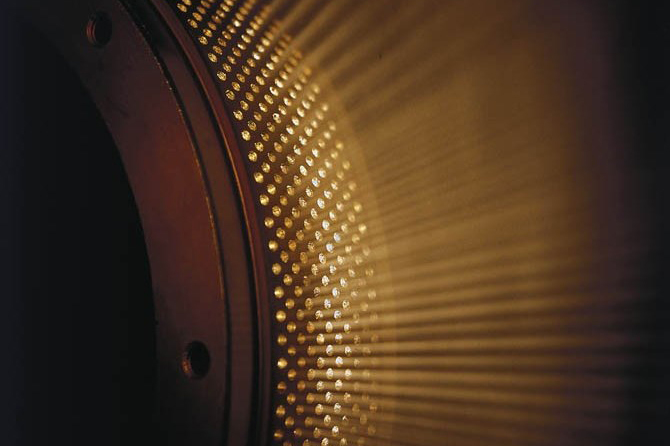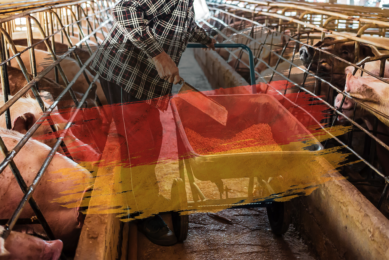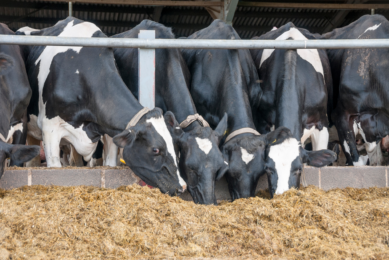Feed production: what is the carbon footprint?

The recently launched Global Feed LCA Institute (GFLI) aims to provide a freely accessible, transparent LCA (life cycle assessment) database of feed ingredients.
The GFLI was launched by Fefac, together with its sister organisations in the United States (AFIA) and Canada (ANAC) as well as the International Feed Industry Federation (IFIF).
Being able to have a life cycle assessment database of feed ingredients will allow for globally harmonised assessments and benchmarking of environmental footprint calculations of feed manufacturing. The GFLI has established a formal partnership with the FAO and LEAP (Livestock Environmental Assessment Performance), ensuring it is compliant as regards methodological requirements.
In addition, the technical concept of the GFLI is designed to also be compliant with the PEF, the Product Environmental Footprint project, coordinated by the European Commission. FEFAC Chairman of the PEF Pilot Project on Feed Nick Major: “As feed supply chains have international dimensions, it’s great to see synergies take place between global and regional activities. The PEF Pilot Project on feed we are working on in Europe can take advantage of the work on this global LCA database that is already being developed.”
You may also find interesting: IFIF committed to reducing livestock GHG emissions
The International Feed Industry Federation (IFIF) is working with its members from around the world, as well as international organisations, agri-food chain partners, and other key stakeholders on a number of strategic initiatives to measure, benchmark and reduce the greenhouse gas (GHG) emissions impact of livestock production globally.
To accurately measure the environmental impact of animal products such as meat, milk and eggs, developing an objective, harmonised LCA calculation method for the footprint of feed production is a pre-requisite. FEFAC President Ruud Tijssens: “Given the significant share of feed production in the environmental footprint of animal products, feed is also the key area where emission mitigation strategies can be developed. With the animal nutrition solutions we provide in combination with resource efficient feed technology, the compound feed industry looks at drive towards measuring environmental performance with great confidence.”
The Europe-based project part of the GFLI is set to be ready by summer 2016, which is well in time for the PEF Pilot Project on Feed scheduled to be completed by the end of this year.











